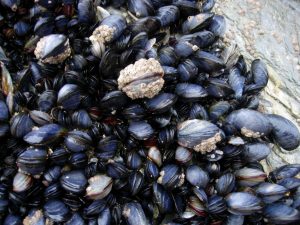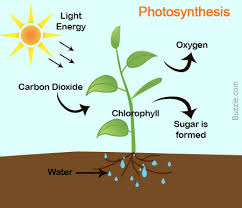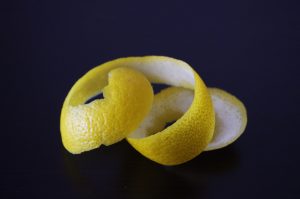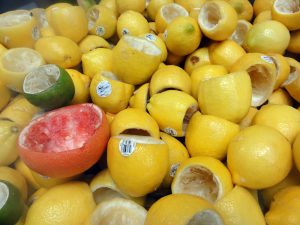Many everyday products such as tire rubber rely on their ability to stretch. These materials are mainly consisted of a type of polymer called the elastomer which can flex without breaking and return to the original form. However, a big limitation of elastomer materials is the lack of strength. A group of researchers has developed a tough but still flexible elastomer but they were inspired by an unusual creature, the mussel.
Elastomers are structurally shapeless polymer strands with only a few chemical cross-links in between, In order to strengthen the elastomer, the density of the strands must be increased but a denser and more structured polymer would result in a stiffer and more brittle material.
Mussels form a tough and flexible polymer to secure to the surfaces in rough intertidal zones. The researcher at UC Santa Barbara’s Materials Research Laboratory were inspired by this natural polymer and they developed a way to maintain elasticity while increasing strengths in elastomeric polymers.
The research focused on a dry polymeric system which is different from previous research which was limited to wet systems. The researchers utilized a mussel inspired iron coordination complexes into a dry polymeric system. The iron coordination provides a self-healing mechanism which can reform broken cross-links therefore maintaining the material’s flexibility but increases the toughness.
They found that the iron incorporated polymers do not store energy when it is stretched. It disperses the energy then slowly recovers to the original shape. This material can be very useful in everyday uses to absorb contact such as the inside of a helmet or the coating of a phone case.
Polymers that contain metal coordination are not widely used and researched. This research opens up possibilities to change a polymer’s properties by the uses of metals. Further research into this field has the potential to optimize functionality and durability in many everyday applications.
Science discovers can come from anywhere. Chemistry advancements often happen in the laboratory but the inspiration is all around us. This research’s method of developing a tough elastomer will allow for more research into the relationship between elasticity and strength of elastomers.





